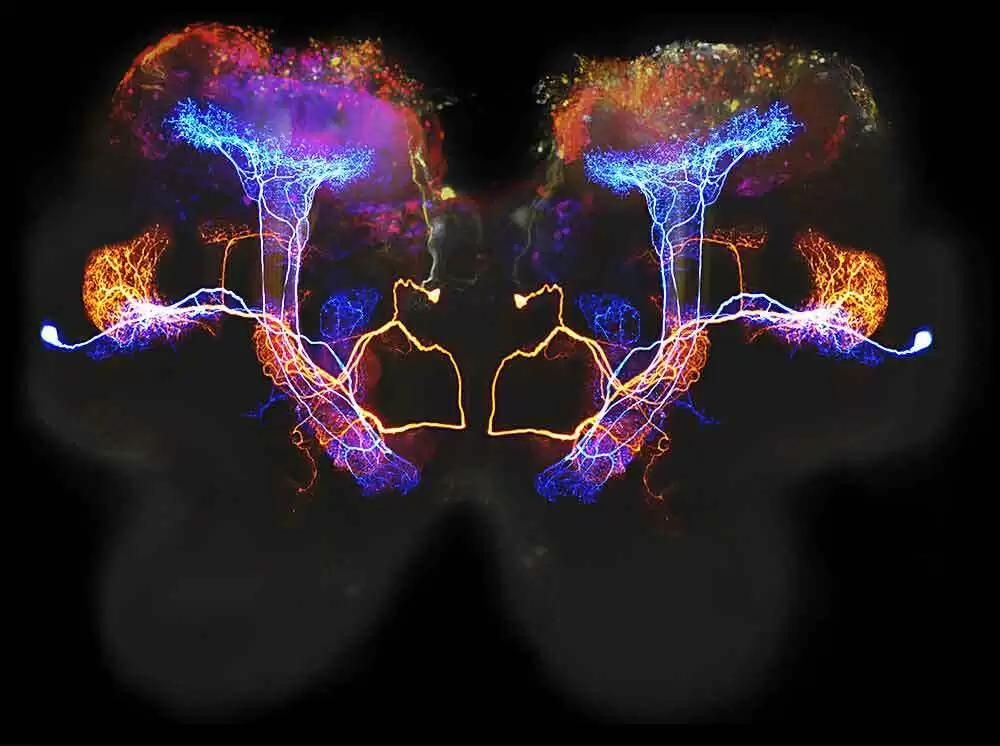
Celiac.com 08/13/2020 - If you or someone you know has been diagnosed with celiac disease, you might be familiar with the testing complications that involve patients with IgA deficiency. Generally, many physicians who test patients for celiac disease are unaware that additional testing is required to exclude celiac in patients who are IgA deficient. It stands to reason that physicians might also be unaware of the other immunodeficiency possibilities in patients diagnosed with celiac disease.
An understanding of the evolution of celiac sprue has come to light over the past several years. The symptoms that have received the greatest emphasis are those that relate to the gastrointestinal tract: malabsorption of nutrients; bloating; diarrhea; abdominal cramping or pain; and small intestinal villous atrophy. Serology testing indicates positive antibodies to gliadin (gluten), the protein in certain grains that damage the small intestine, wheat being most prominent in the United States. As more people have been tested, widely variable results have left patients and physicians at a loss: negative serology, but positive biopsy; positive serology, but negative biopsy; negative serology and biopsy, yet patients continue to suffer. Recently, these variable test results have been thought to be the stage to which the disease has evolved in that patient, i.e., lack of villous atrophy might indicate that celiac has not yet progressed to gastrointestinal damage.
Celiac.com Sponsor (A12):
The gastrointestinal tract is the largest immune organ in the body. As such, it is reasonable to expect that immunodeficiency will impact the gut in some way. Primary immunodeficiency diseases (PIDDs) occur in persons born with an immune system that is either absent or hampered in its ability to function properly. According to the World Health Organization, there are more than 200 primary immunodeficiency diseases. Two of the more common of these immunodeficiency diseases are IgA deficiency and common variable immunodeficiency disease (CVID). Both of these PIDDs are referred to as hypogammaglobulinemias. For the purpose of this article, I will refer to CVID as inclusive of IgA deficiency.
Another way to look at PIDDs is to remember that they are primary antibody deficiencies. In spite of their deficiencies, each exhibit variable autoimmune manifestations. Though immunodeficiency and autoimmunity seem to be on opposite sides of the clinical immune response, they are frequently related and can coexist (1,2). Most immunodeficiency diseases are not diagnosed until the third or fourth decade of life. Patients with CVID exhibit poor specific antibody responses and multiple bacterial infections, primarily involving the sinopulmonary tract; however, they also share many of the same GI symptoms seen in celiac sprue. These sprue-like manifestations have given rise to the terms hypogammaglobulinemic sprue, CVID sprue, or IgA sprue. The autoimmune diseases most frequently seen in the hypogammaglobulinemias are autoimmune hematological disease, autoimmune diseases of the gastrointestinal tract, autoimmune endocrine diseases, and autoimmune rheumatic disease. While there is a large body of literature attesting to autoimmune diseases found in immunocompromised patients, exactly how this occurs was not elucidated (3).
CVID is characterized by a number of gastrointestinal lesions that can mimic other conditions, such as celiac sprue, pernicious anemia, and inflammatory bowel disease, but show significant differences on the microscopic level. In a review study conducted by J.A. Daniels, et al., Johns Hopkins Hospital, Baltimore, MD (4), 132 biopsy and clinical documents on 20 CVID patients over a 26-year period were analyzed. Biopsy and resection samples showed patterns of lymphocytic gastritis, lymphocytic colitis, ulcerative or Crohn colitis, entercolitis, inflammatory bowel disease and villous blunting. In fact, 25% of the patients had a prior diagnosis of celiac disease. Microscopically, however, nearly all of the biopsies lacked plasma cells. In conclusion, this study noted that a diagnosis of CVID might be suspected on the basis of a paucity of plasma cells in a GI biopsy, but because that feature is present in only about two-thirds of patients, other clinical and laboratory evidence is required to make a definite diagnosis.
Did a gastroenterologist or immunologist conduct that study? Many autoimmune disorders may dominate the clinical picture of PIDDs so that the underlying immunodeficiency is overlooked. The basis of treatment for PIDDs is immunoglobulin replacement for antibody deficiency syndromes (other than selective IgA deficiency) and to prevent and treat infections. Immunoglobulin replacement is also currently being used to treat many autoimmune diseases. The gastrointestinal manifestations of PIDDs are histologically similar to celiac disease; however, serology markers are typically absent, not only in IgA deficiency patients, but also in PIDD patients (5). Treatment for PIDD gastrointestinal lesions is to adhere to a strict gluten free diet, yet resolution of symptoms is not always successful; gastritis, gastroenteritis, colitis, bloating, and wasting from malnutrition are frequent in PIDD patients, despite following a gluten-free diet.
In summary, the issue of overlapping symptoms and manifestations between celiac disease and primary immunodeficiency diseases is a complicated one. According to some immunologists, PIDD patients exhibit a “sprue-like” disease of the gastrointestinal tract, but not true celiac disease, perhaps due to the lack of serology markers; other immunologists believe PIDD patients do have celiac disease. Most gastroenterologists are unaware of the relationship between autoimmune diseases and immunodefiency and, therefore, miss seeing the complete picture in some patients. There are genetic tests for both celiac disease and immunodeficiency. Is genetic testing the only way to tell for sure if it’s celiac? Or is it simply a matter of education and a closer working relationship between gastroenterologists and immunologists?
References:
- Pavic M, Seve P, Malcus C, Sarrot-Reynault F, Peyramond D, Debourdeau P, Andriamanantena D, Bouhour D, Philippe N, Rousset H, Broussolle C. [Common variable immunodeficiency with autoimmune manifestations: study of nine cases; interest of a peripheral B-cell compartment analysis in seven patients. Rev Med Interne. 2005 Feb;26(2):95-102.
- Tanus T, Levinson AI, Atkins PC, Zweiman B. Polyautoimmune syndrome in common variable immunodeficiency. J Intern Med. 1993 Nov;234(5):525-7.
- Santaella ML, Cox PR, Colon M, Ramos C, Disdier OM. Rheumatologic manifestations in patients with selected primary immunodeficiencies evaluated at the University Hospital. P R Health Sci J. 2005 Sep;24(3):191-5.
- Daniels JA, Lederman HM, Maitra A, Montgomery EA. Gastrointestinal tract pathology in patients with common variable immunodeficiency (CVID): a clinicopathologic study and review. Am J Surg Pathol. 2007 Dec;31 (12): 1800-12.
-
Bili H, Nizou C, Nizou JY, Coutant G, Schmoor P, Algayres JP, Daly JP. [Common variable immunodeficiency and total villous atrophy regressive after gluten-free diet] Rev Med Interne. 1997;18(9):724-6.






Recommended Comments
Create an account or sign in to comment
You need to be a member in order to leave a comment
Create an account
Sign up for a new account in our community. It's easy!
Register a new accountSign in
Already have an account? Sign in here.
Sign In Now